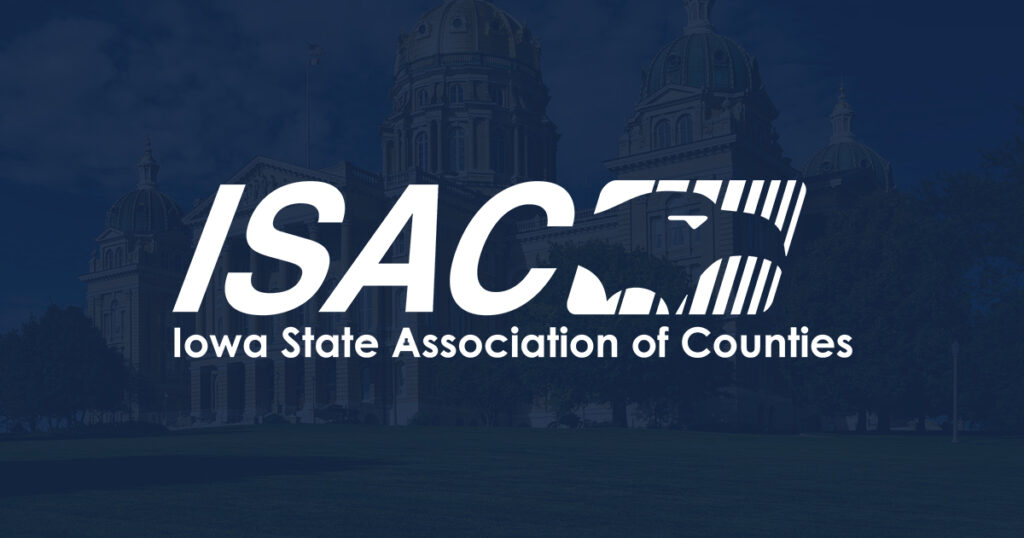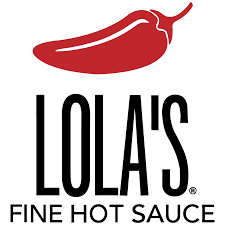Insurance commissioner provides insights on business interruption claims

The applicability of business interruption coverage has been an open question from very early on as Iowa and other states began shutting down businesses to slow the spread of COVID-19, said Doug Ommen, Iowa’s insurance commissioner.
In an interview last week with the Business Record, Ommen explained the steps that he and other state insurance regulators have taken amid an increasing number of complaints and lawsuits filed by businesses that have been denied coverage under the business interruption terms of their property policies.
“We’ve been looking pretty carefully at the issue on a case-by-case basis at the very early stages of the governor’s proclamation and the mitigation efforts,” he said. “Our authority under the Unfair Claims Settlement law is to make sure that the [insurance] company operates under good faith, and we do have a role in doing a review of that process.”
According to a survey recently conducted by the Iowa Restaurant Association, a majority of Iowa’s restaurants and bars — about 70% — are covered by business interruption insurance policies. However, 99% of those with policies have not yet received any claims benefit. Nearly half of those business owners with business interruption policies said they were told by the agents not to file a claim, because it would be denied. Just over one-third of survey respondents with coverage — 36% — said they have filed a claim and that it has been denied. Another 15% at the time of the survey were waiting to hear the status of their claim.
Last week, the National Association of Insurance Commissioners — which includes all of the states’ insurance commissioners — issued a coordinated call for data from insurance companies in every state to get more details on business interruption coverage.
According to the Business Interruption COVID-19 Data Call Letter issued by the NAIC to property and casualty insurers, the purpose of the data will be to “assist state insurance regulators and others in the course of analysis of the financial condition of commercial insurers to understanding which insurers are writing applicable coverage, the size of the market, the extent of exclusions related to COVID-19, and claims and losses related to COVID-19.”
“Given the amount of attention that has been given this particular issue, we came together at the NAIC and decided that rather than having 50 different jurisdictions sending information requests to the carriers, we designed essentially a uniform request that will allow us to get a much better feel about the marketplace activity than we have already seen through our own reviews,” Ommen said.
“Ultimately, liability for the insurance carriers comes down to the agreements in those policies. And there are some open questions in those contracts as to whether there is coverage,” he said.
“When a company files a policy with us for approval, we look at the merits of that policy contract language,” he said. “But we don’t know how prevalent those policy provisions are. In other words, the companies don’t report back to us that in 2009, we went in and changed our policy terms or coverage — we just don’t have that.”
It’s possible that insurers may decide to offer some coverage for pandemic situations, but do so with limits on liability to mitigate losses, Ommen said. “We often see in insurance those types of modeling for catastrophic events, whether it’s hurricanes like Katrina or tornadoes like Joplin, Mo. And so the market is often able to react in a way to provide some financial protection for businesses. … We really don’t know yet how the market will respond.”
A report by Fitch Ratings on Friday gave some early indications of the industry’s mood.
According to an article in Business Insurance, the rating agency said that insurers providing event cancellation and credit and surety policies will experience “high” pandemic-related losses and report “significant losses in both 2020 and the first half of 2021.” Fitch noted that some insurers have increased prices “drastically” in loss-affected lines of business and some have decided to withdraw completely for certain lines and geographies.
The report also cited mounting political pressure on insurers to pay for business interruption claims irrespective of whether the relevant policies cover pandemics or not. “Unclear policy wording and political pressure now raise increasing doubts how successfully commercial insurers can fend off claims now,” Fitch said in the report.
Time will be an important variable of how well businesses — including insurers — will be able to weather the pandemic-related shutdowns, Ommen observed. “The interest rate environment for long-term contracts is a significant concern,” he said. “The insurance companies are prepared for these events, but you start to look at, how long can the economy be flat? … For insurance companies that depend on a healthy economy … time is certainly an important factor.”
An example of how property-casualty insurers have already adapted is the move that many property-casualty carriers have made to adjust automobile premiums for lower usage. “That’s something that I think actuaries are going to spend more time looking back at and figuring out, what really was the change in risk, and what kind of rate changes are necessary to deal with that adjustment,” he said.
The same thing can be said on the health insurance side of the business, as companies evaluate the effects that cancelled or delayed elective surgeries should have on insurance rates. “We’re still very busy trying to work through that analysis to make sure that consumers are getting treated appropriately,” he said.
“Even before this event, I thought that this was a really interesting time in which we live. This pandemic is just one more heap of ‘interesting.’”









